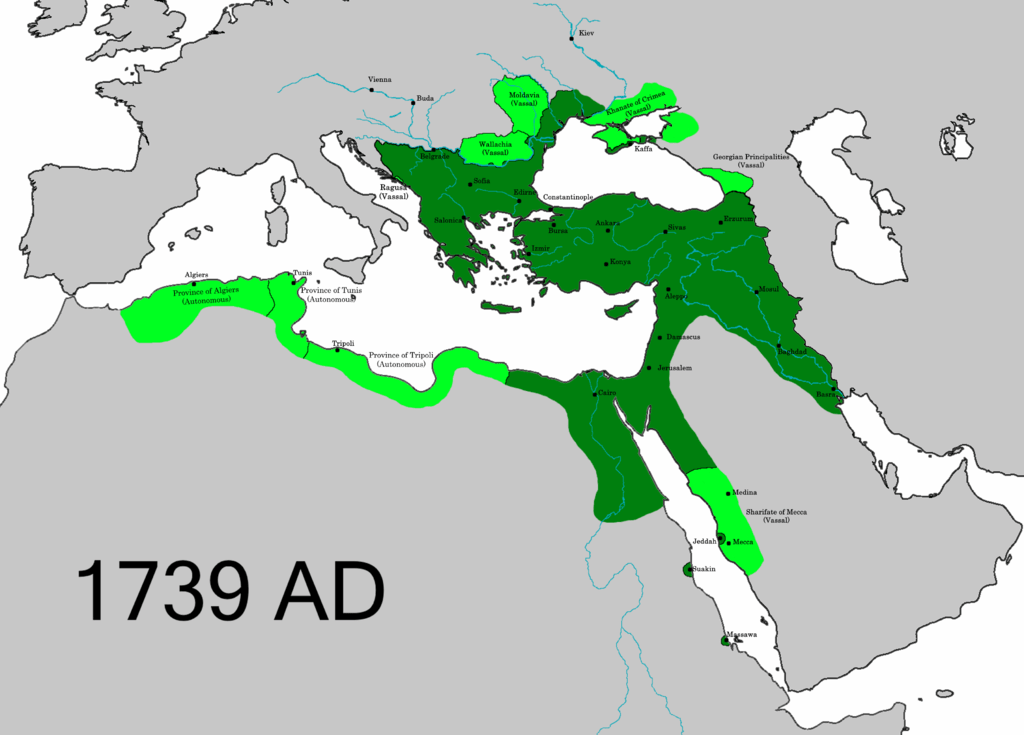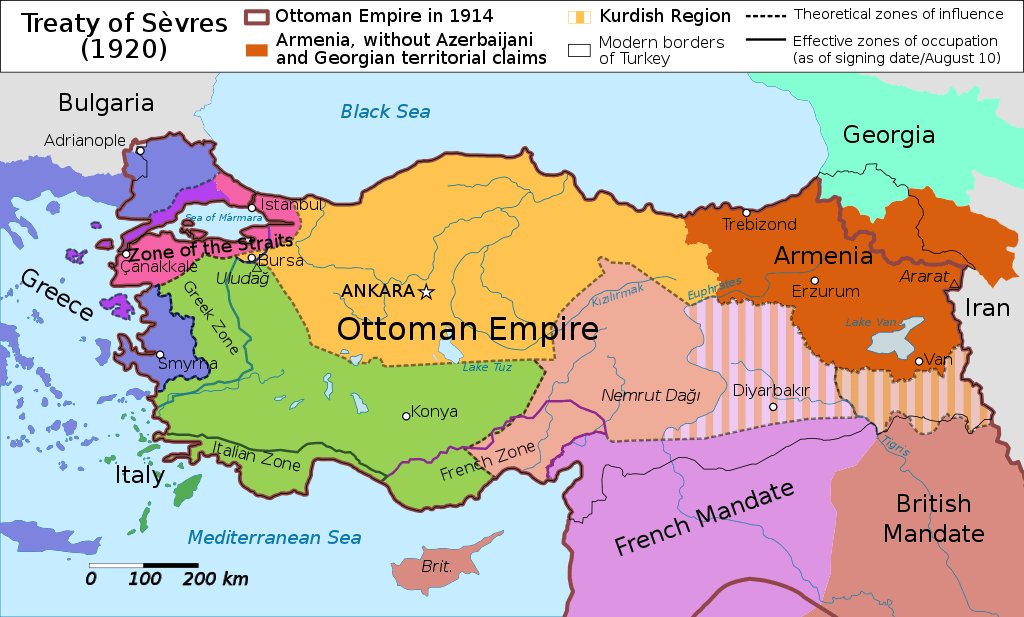By Alexis Searfoss, MPA, MA Media and Strategic Communications ’23
The Republic of Turkey has been waiting decades to be moved from candidate for membership in the European Union to full member. As of 2016, accession talks were put on hold by the European Council but it still remains a top priority for Turkey. A member of NATO and prior iterations of European organizations, Turkey sees its future as a strategic partner for Europe, but, as it has shown in recent years, it is not willing to give up its sovereign rights to get there. If anything, Turkey is positioning itself to strengthen the reason why it should be granted membership.
The EU’s predominate narratives against Turkey gaining membership center around human rights, rule of law, media freedom, and accusations of democratic-backsliding due to a presidential system that has become more powerful in response to an attempted coup in 2016. These narratives target very real issues that have taken place including the treatment of Syrian refugees, jailing of Turkish nationals who speak out against the government, and the targeting of journalist alongside the pro-government takeover of media outlets.

To counter these narratives, Turkey is using its own to push back on the EU to emphasize its position as a country that the EU needs. Turkey has long highlighted its role as a bridge between Europe and Asia, messaging rooted in its former role as the once-powerful Ottoman Empire which was eventually forced, by Europe, to give away territory. Turkey is using its status as a majority Muslim country and willingness to work with countries that do not have strong relationships with the West as an invaluable benefit that it would bring to the EU and to entities looking for access to the West. These relationships could benefit European counties by expanding trade partners and, for Turkey, this showcases it as a powerbroker – a nod to its past as the Ottoman Empire.

A depiction of the boundaries of the Ottoman Empire and its dependencies in 1739.
Source: Wikipedia

Map of the Treaty of Sèvres on the day of its signing (August 10, 1920)
Source: Wikipedia
As a majority Muslim country constitutionally established as secular, Turkey can appeal to countries in the EU looking to better relations with their own Muslim populations. Anti-Muslim sentiment in Europe has been growing in the aftermath of the September 11, 2001 attacks in the U.S. and discovery of terrorist cells in Europe. Anti-Muslim sentiment has also come from European leaders who are cautious of Turkey’s admittance because of their “different way of life.” In response to this sentiment, Turkey has called out efforts by European governments to legitimize anti-Islamic practices to highlight EU member states discriminating against Muslim populations within their own countries. Turkey continues to highlight its role as host to the largest refugee population in the world with over 3.6 million Syrian refugees in cities across Turkey. These issue narratives are used by Turkey to highlight the EU’s hypocrisy and counter the negative narrative of human rights. Turkey projects a frame that if granted admission into the EU, it would show that the EU is not Islamophobic and wants to work with its Muslim populations.
Turkey has also been leaning on its narrative as a world power and tapping into its past as the Ottoman Empire, particularly since the 2016 coup attempt, to emphasize that it will not be belittled. Turkey speaks about controlling both the land and the sea through its “Blue Motherland” vision. In its ongoing dispute over maritime borders with Greece and Cyprus, Turkey is focused on emphasizing agreements that are favorable to it. Turkey is using a rule of law narrative to fit within their desired narrative: Turkey is a maritime power and a larger world power because of it.
Turkey has been working to strengthen its argument as a necessary strategic partner. It broke with NATO allies in acquiring a Russian S-400 missile defense system that Turkey said would allow it to better protect itself. Many NATO members states spoke out against this deal and resulted in the US removing Turkey as a partner from the F-35 program. In Turkey working to normalize relations with Russia, those in the EU called for Turkey to no longer be eligible for EU membership. Turkey has leaned on the narrative that it’s a sovereign nation and world power and, therefore, able to work with any country it wants to in order to protect itself. This also allows Turkey to position itself as a much needed interlocutor with Russia, a role that they have most recently highlighted as the meeting ground for peace talks between Russia and Ukraine.
Turkey’s ability to reframe some of the narratives being used against it shows a shift in thinking about its future. Turkey strongly believes that EU membership is valuable, but it has shifted the frame from one where it seemed like Turkey needed the EU to survive to one where the EU needs Turkey.
For more on the topic by the author, please click here.
The opinions expressed in this blog are those of the author. They do not express the views of the Institute for Public Diplomacy and Global Communication or the George Washington University.

While reading your post, I appreciated the focus on Turkey’s role as a broker between the West and the East, an identity which still remains in the minds of many Turks today. The discussion on Turkey’s inclusion in the EU as a means to project tolerance of Muslims is also quite salient. It would signal a large step forward, but also create potential tensions with Eastern European EU member states. Turkey has historically been a strategic partner of the US for the reasons you mentioned in the blog. Your discussion on the country’s ties to the Ottoman Empire is crucial to understanding the modern country.
Alexis, this is an insightful article on Turkey and how the former Ottoman empire has contributed to its master narratives as a state strategically located as a link between the west and the east Europe, and how this has mired its membership of the EU. Turkey’s master narrative has contributed to shaping a position that has become fearful and held against it by existing members of the European Union, one which has kept Turkey on the membership waiting list of the EU since 2016 as you rightly noted. I argue also that in the space of that time, Turkey has come to realize itself – ‘strength’ and relevance as a gateway state to mainstream Europe from Asia, a realization which allows the pushback, by positioning itself in such a way that the EU needs it just as well as it needs them.
Turkey’s narrative as a secular but Muslim majority country which should bring invaluable benefit to the EU has also lost its shine because of a wide range of issues bordering on Turkey’s undemocratic tendencies and human rights abuse, media freedom, and rule of law. All of which conflict with the identity and system narratives of the EU as a system. I would consider that if Turkey is accepted into the EU, its identity and system narrative will continue to bring conflict among the EU nations.
Hi Alexis – This is an excellent concise and insightful piece on Turkey’s ever-evolving narratives in its quest to become an EU member state. I particularly enjoy your focus on how Turkey leverages its identity narratives to point out gaps in the wider EU structure. I also thought it was very interesting how you identified the master narrative of the Ottoman empire in discussing Turkey’s trade expansions.
Following this piece, I would be interested to hear your thoughts on if and how the Turkey sovereignty frame, used to defend its relations with Russia will hold up as global tensions with Russian continue to exponentially increase.
Alexis – thank you for your well written testament on this issue. You presented the issue in a straightforward narrative, simplifying the issue for those who are not familiar with the contrasting narratives of Turkey and the EU. I like how you called attention to a number of narratives put forth by the EU to discuss Turkey’s membership, not just one overarching talking point. It’s so important to discuss the religious makeup of Turkey in this context, and how both sides perceive that. I would be interested in learning more about how this applies to relations among Turkey, Russia, and Ukraine.
You illustrated the narrative appeals Turkey utilizes to vouch for EU membership in a detailed, yet succinct manner, while also acknowledging the counter frames that are used. I wonder though if Turkey will need to make concessions in order to gain EU membership, and also show that they are trying to correct and move forward from past perceived wrongdoings. I think it will be imperative for Turkey to continue to emphasize some of the messaging you suggested. For example, I believe leaning into the help Turkey can supply the EU in terms of their Muslim populations is very valuable. Turkey should amplify this appeal, and the others mentioned, through the government and media to garner more support. I also think it would be helpful for Turkey to capitalize on the cooperative agreements that they have been successful in. Highlighting the economic, social, and political gains Turkey has to offer is the strongest path to EU membership, as well creating new possibilities in the international sphere for the country.
You did an excellent job of presenting how Turkey is bolstering itself as a meaningful, potential EU member. Rather than defending the EU’s criticisms, it’s particularly clever of Turkey to emphasize how their history, identities, and geographic locations are in fact reasons it will be an advantageous member of the EU. Turkey’s muslim identity is particularly salient, for the reasons you explained above.
Like Jesse, I found it interesting that Turkey self-identifies as a broker between the East and the West. I’ll be interested to watch how Turkey handles the on-going Russian-Ukrainian war given its relationship to Russia and mission to be admitted to the EU.